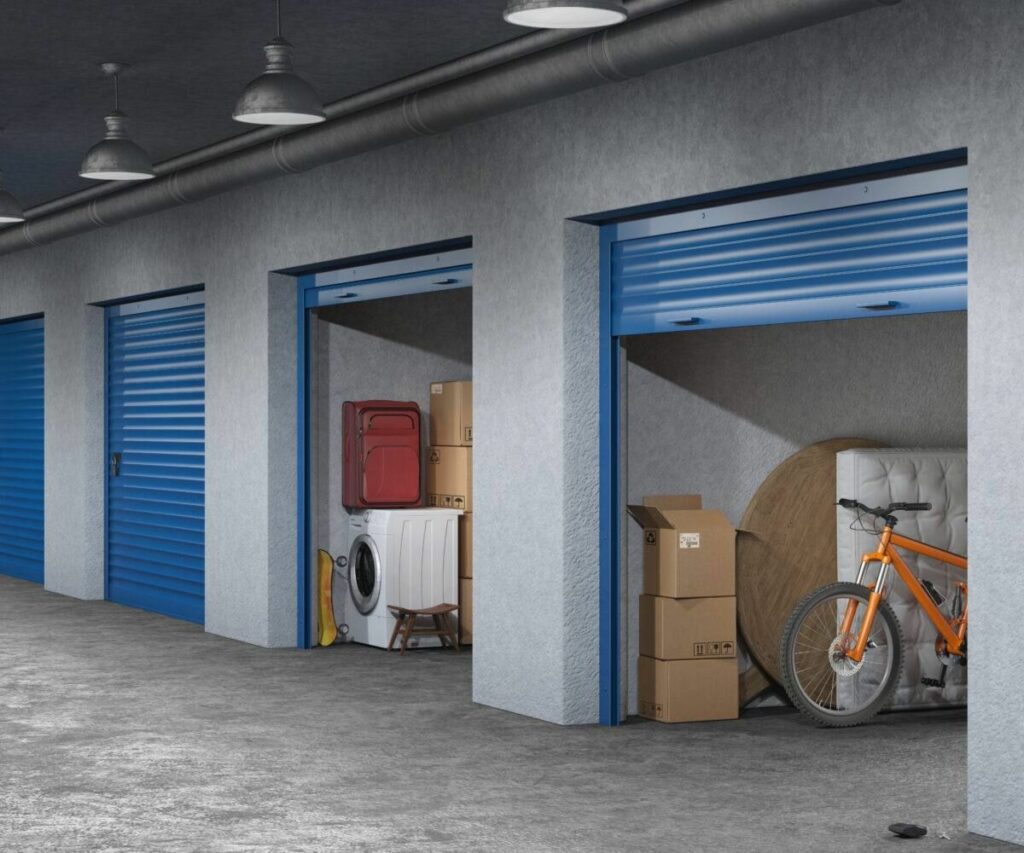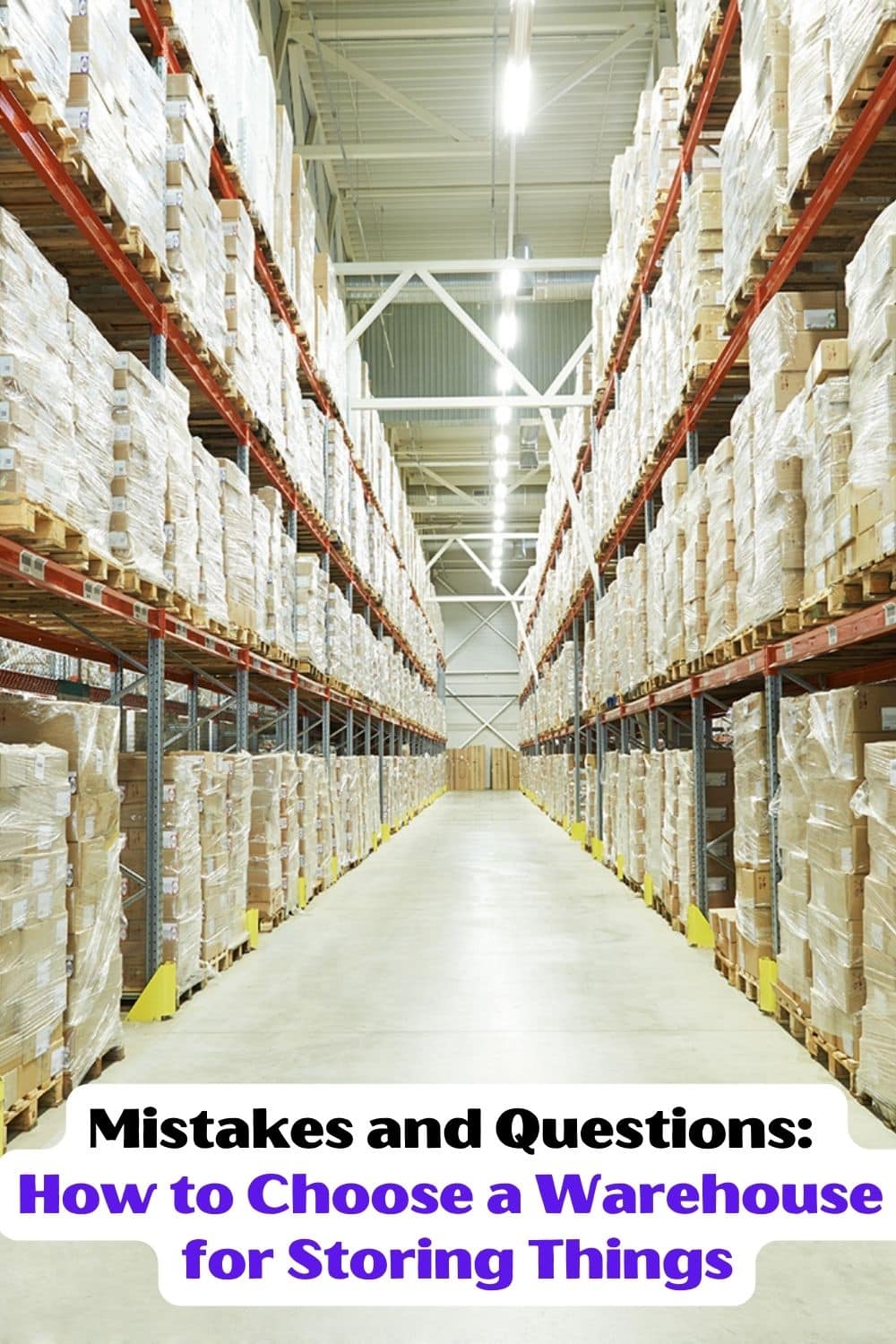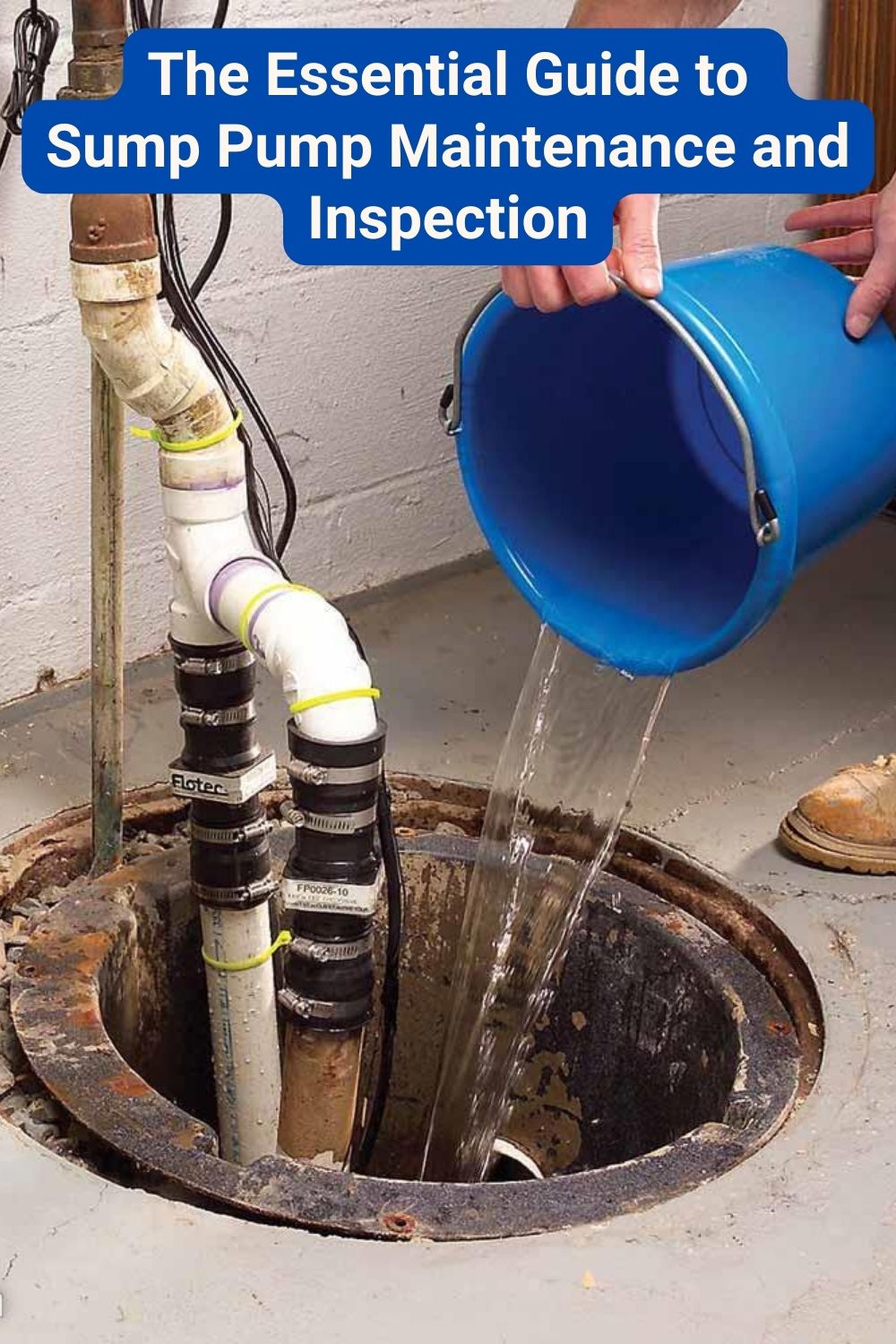When it comes to choosing a warehouse for storing your valuable possessions, there are several common mistakes and questions that people often encounter. Making the right decision is crucial to ensure the safety and security of your items. Here’s a guide to help you avoid potential pitfalls and find the perfect warehouse for your storage needs:
Not Researching the Warehouse Company
One of the biggest mistakes is needing to research the warehouse company thoroughly. Look for reputable companies with a track record of providing reliable and secure storage services, like Paradise Moving in Boston, Massachusetts. They offer top-notch storage services to keep your belongings safe and well-protected. To learn more about their storage services, visit https://paradisemove.com/services/storage-services/.
Failing to Assess Your Storage Needs:
Before choosing a warehouse:
- Assess your storage needs.
- Determine the size and type of storage unit required to accommodate all your belongings.
- Underestimate the required space, which may lead to overcrowding and potential damage.
- Neglecting Security Measures:
Always prioritize the security measures of the warehouse. Inquire about the warehouse’s security systems, such as surveillance cameras, access control, and alarm systems. Knowing your belongings are well-protected, a secure facility will give you peace of mind.
Overlooking Climate Control:
Climate-controlled storage is crucial for protecting sensitive items from extreme temperatures and humidity. Ask the warehouse about their climate control options and choose one that suits the specific needs of your stored items.
Not Checking for Insurance Coverage:
Confirm whether the warehouse offers insurance coverage for stored items. Having insurance will provide financial protection in case of unforeseen incidents.
Choosing Based Solely on Price:
While cost is important, it shouldn’t be the sole deciding factor. Consider the overall value you’re getting, including security, cleanliness, and additional services offered.
Ignoring Accessibility:
Consider the warehouse’s accessibility to ensure you can access your belongings when needed. Some warehouses offer 24/7 access, while others may have limited hours.
Not Reading the Contract Thoroughly:
Before signing any contract, please read it carefully and understand the terms and conditions. Pay attention to the rental period, fees, and any other important details.
Forgetting to Label Your Items:
Properly label all your items before storing them to make finding and retrieving specific belongings easier.
Not Asking About Additional Services:
Inquire about additional services offered by the warehouse, such as packing assistance, transportation, or storage unit customization. These services can add convenience and streamline the storage process.
Disregarding Customer Reviews and Testimonials:
Check online reviews and testimonials from previous customers to gauge the warehouse’s reputation and level of customer satisfaction.
Not Visiting the Warehouse in Person:
Whenever possible, visit the warehouse in person to assess its cleanliness, organization, and overall condition. This will give you a better idea of the facility’s quality.
Choosing the right warehouse for storing your belongings requires careful consideration and research. By avoiding common mistakes and asking the right questions, you can select a warehouse that meets your storage needs and provides a safe and secure environment for your valued possessions. Consider relying on trusted companies like Paradise Moving, who offer reliable storage services and prioritize the security and protection of your belongings. Their expertise and experience in the storage industry can ensure a seamless storage experience for you.
Frequently Asked Questions (FAQ)
What are the factors to consider while choosing a warehouse location?
When selecting a warehouse location, several critical factors must be considered. First and foremost, proximity to both customers and suppliers is crucial, as it can significantly impact transportation costs and delivery efficiency. Accessibility to major transportation routes, such as highways and ports, ensures smooth logistics operations. Labor availability and costs should align with your workforce needs and budget. Additionally, you should evaluate operating and rental costs, comply with local regulations, and ensure that the warehouse space and layout meet your storage and operational requirements. Security measures, expansion potential, environmental impact, and tax incentives are all key considerations. Risk assessment, employee accessibility, technology infrastructure, and alignment with your long-term business strategy round out the factors to keep in mind when making this important decision.
What to know before buying a warehouse?
Before purchasing a warehouse, it’s crucial to consider several key factors. Start with a clear budget and secure financing. Choose a strategic location based on proximity to customers, suppliers, and transportation routes. Conduct a thorough inspection, checking for structural integrity, zoning compliance, and environmental concerns. Evaluate the warehouse’s size, layout, and infrastructure. Ensure easy access, assess security measures, and explore expansion potential. Understand ongoing costs, including taxes and maintenance. Research the local market and engage experts for due diligence. Align the purchase with your long-term business strategy and have contingency plans in place for unforeseen challenges.
What are the three most important criteria for warehousing?
The three most important criteria for warehousing are:
- Location: Proximity to customers, suppliers, and transportation routes is crucial for efficient logistics and reduced transportation costs.
- Space and Layout: Adequate storage capacity and an efficient layout that suits your operational needs are essential for effective warehousing.
- Security: Implementing robust security measures to protect inventory and assets is vital to safeguard against theft, damage, and unauthorized access.
What are the characteristics of an ideal warehouse?
An ideal warehouse is characterized by its strategic location near key stakeholders and transportation routes, ample storage space with an efficient layout, advanced technology for enhanced efficiency, robust security measures, climate control when necessary, easy accessibility, compliance with regulations, scalability, cost efficiency, environmental responsibility, flexibility for various storage needs, rigorous inventory control, proximity to a skilled labor pool, access to support services, efficient supplier relationships, reliable technology infrastructure, and alignment with long-term business strategies. These factors collectively create a warehouse that optimizes logistics and inventory management.






Leave a Reply